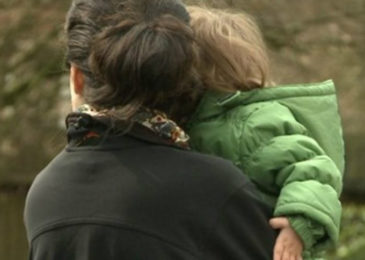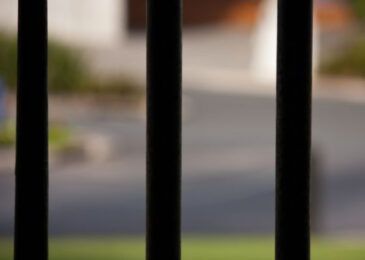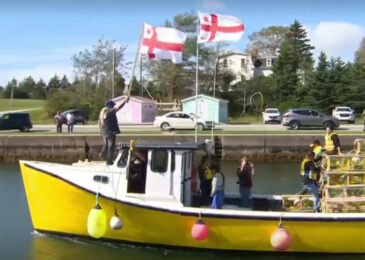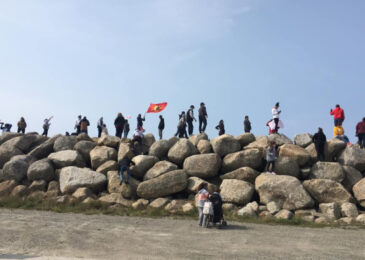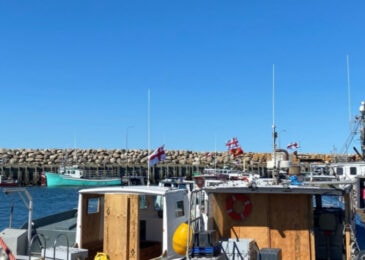Flo Blackett Apli’kmuj and Margaret Knickle: We are all Treaty People
What happens when a Mi’kmaw and settler university student share car rides on their way to university and other places? They talk, and the settler learns some hard lessons about colonial oppression, systemic racism and white privilege.


